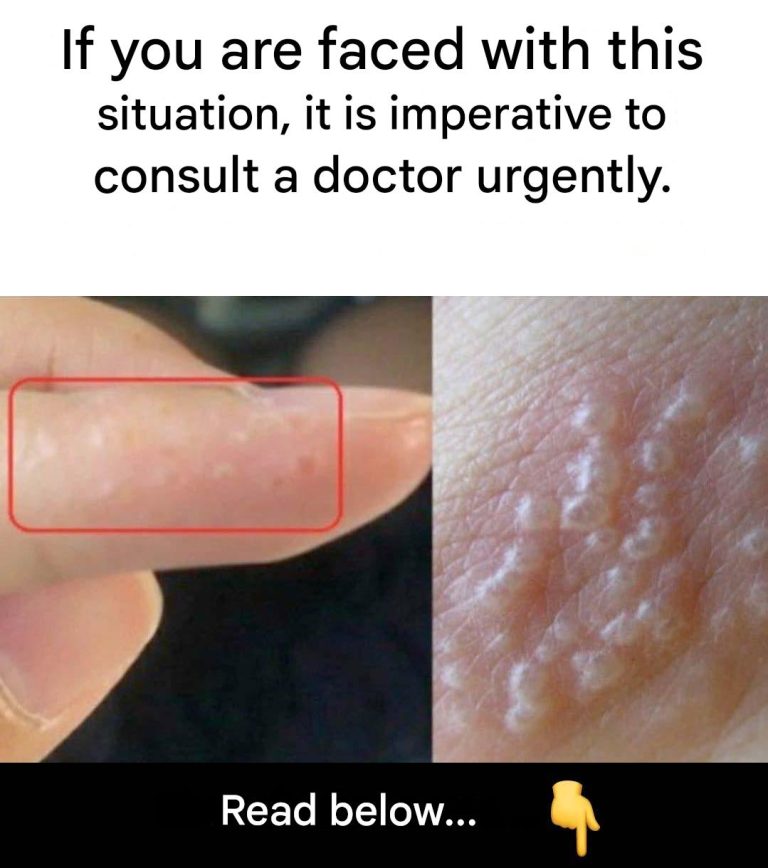Prognosis
Dyshidrotic eczema can be a long-term, chronic condition with periods of flare-ups and remissions. With proper treatment and lifestyle adjustments, many people can manage their symptoms effectively.
Preventive Measures
To prevent flare-ups:
Moisturize regularly, especially after washing hands or bathing.
Avoid excessive sweating and humidity when possible.
Wear protective gloves when handling chemicals or allergens.
Practice stress reduction techniques.
When to See a Doctor
If you notice persistent or worsening symptoms despite self-care.
If you experience signs of infection, such as increased redness, warmth, or pus.
If the eczema interferes significantly with daily activities or causes psychological distress.
Conclusion
Dyshidrotic eczema is a challenging condition but can typically be managed with appropriate treatment and lifestyle changes. If you experience symptoms, consulting a dermatologist is key for a proper diagnosis and to create a personalized treatment plan.
